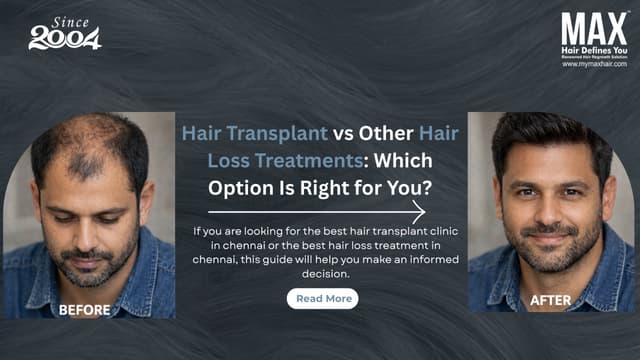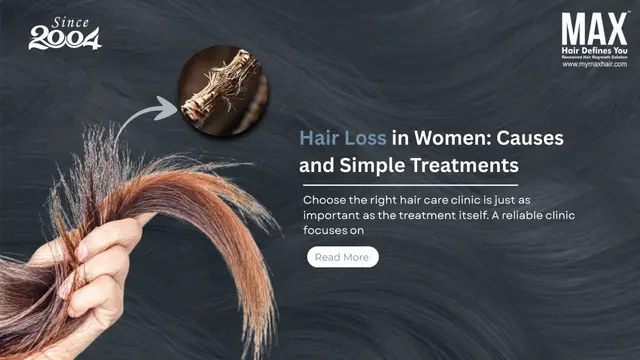OurBlogs

How Much Does a Hair Transplant Cost?

Hair Transplant vs Other Hair Loss Treatments: Which Option Is Right for You?

What Is a Hair Transplant? A Simple Guide for Beginners

Men’s Hair Loss: What Works and What Doesn’t

Hair Loss in Women: Causes and Simple Treatments

Best Food for Hair Growth: What to Eat for Healthy Hair

When Should You See a Doctor for Hair Loss?

Why Is My Hair loss out? 7 Common Reasons You Should Know

How to Stop Hair Loss and Regrow your hair

Women's hair loss and its remedies

Which hair transplant is long-lasting & permanent?





